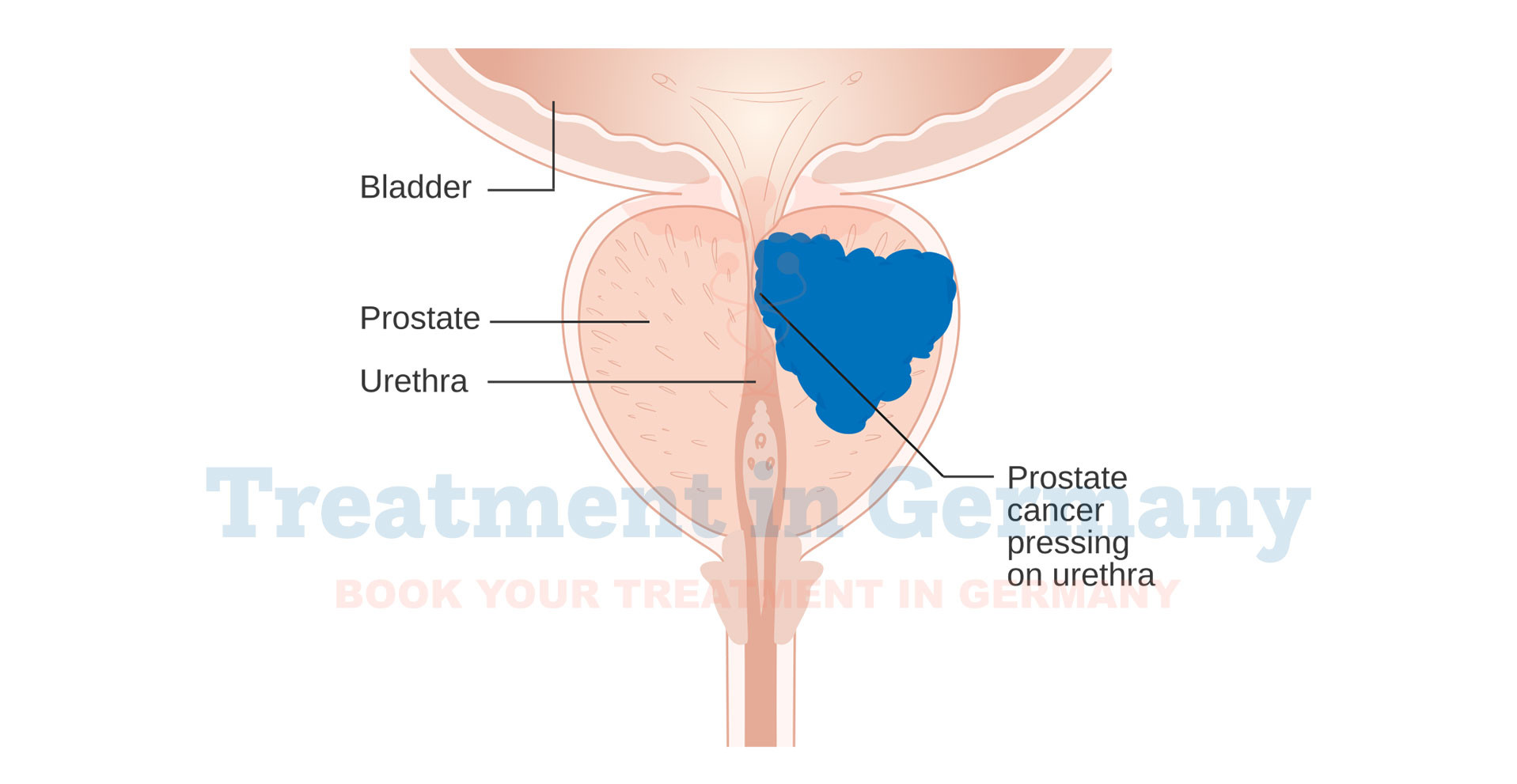What is Urethral Cancer?
Urethral cancer is a rare type of cancer that develops in the urethra, the tube that carries urine from the bladder out of the body. It can occur in both men and women, although it is more common in men.
Urethral cancer typically begins in the cells that line the urethra and can spread to nearby tissues if not treated early.
Side Effects of Urethral Cancer
The symptoms of urethral cancer may include:
- Blood in the urine
- Painful urination
- Frequent urination
- Pelvic pain
- Lump or swelling in the groin
- Changes in urinary habits
These symptoms can vary depending on the location and stage of the cancer. If you experience any of these symptoms, it is important to consult a healthcare professional promptly for further evaluation.
How is Urethral Cancer Diagnosed?
Diagnosis of urethral cancer typically involves several steps:
- Medical History and Physical Examination: Your doctor will ask about your symptoms and medical history, and perform a physical examination.
- Imaging Tests: Imaging tests such as ultrasound, CT scan, or MRI may be used to visualize the urethra and surrounding tissues.
- Biopsy: A biopsy is the definitive way to diagnose urethral cancer. During a biopsy, a small sample of tissue is taken from the suspicious area and examined under a microscope by a pathologist to look for cancer cells.
Potential Treatment of Urethral Cancer
Treatment options for urethral cancer depend on the stage of the cancer, its location, and your overall health. They may include:
- Surgery: Surgical removal of the tumor is often the primary treatment for early-stage urethral cancer.
- Radiation Therapy: High-energy rays are used to kill cancer cells or shrink tumors. This may be used alone or in combination with surgery.
- Chemotherapy: Drugs are used to kill cancer cells or stop them from growing. Chemotherapy may be given before surgery (neoadjuvant chemotherapy) to shrink the tumor or after surgery (adjuvant chemotherapy) to kill any remaining cancer cells.
- Immunotherapy: This treatment uses medications to stimulate the body's immune system to recognize and attack cancer cells.
- Targeted Therapy: Drugs that specifically target certain molecules involved in cancer growth may be used in some cases.
👉 Contact us for further information and receive a complimentary consultation.


.webp)
 (1).webp)

.webp)
 (1).webp)


.webp)
 (1).webp)

.webp)
 (1).webp)
